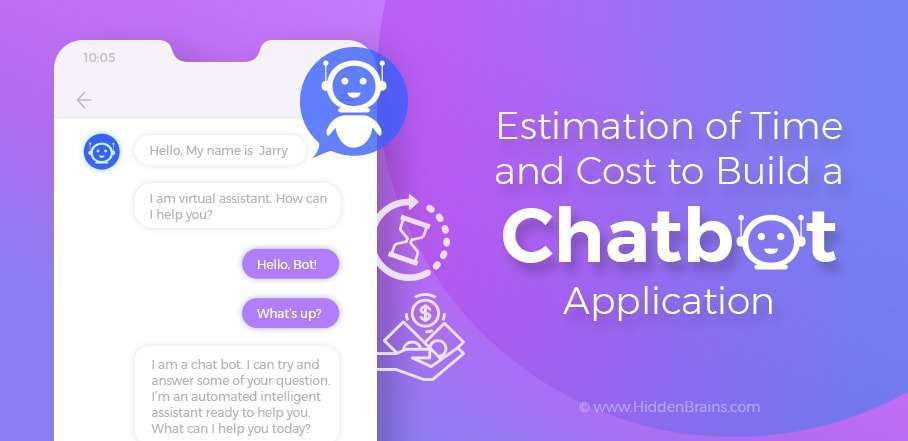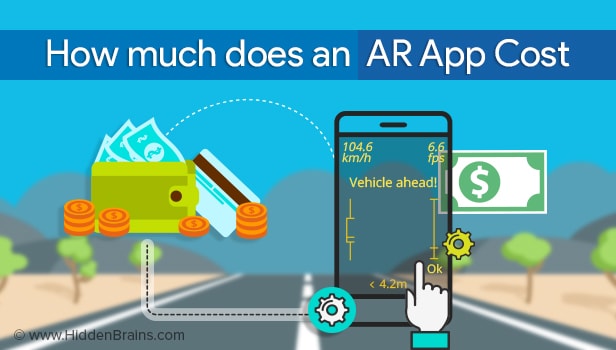Back in the year 2008, Apple had released the iPhone SDK 2.0 which created a revolution in software development, and an entirely new breed of developers and software services were born. We now know them as iOS developers and iOS Objective-C and iOS Swift app development services.
People had previously never used Objective-C before, and that was the first challenge that was thrown by Apple. Though it had an unfamiliar syntax and manual memory management, it became successful and populated the App Store with tens of thousands of apps.
Add to that another 6 years of improving and working on Objective-C, Apple threw in another challenge at developers. Once again, iOS developers had to learn an entirely new language: Swift. This new language removes the unsafe pointer management and introduces powerful new features, all the while maintaining the interaction with both Objective-C and C.
Objective-C
Objective-C, as we know it today, is an essential programming language utilized by app development companies programming for OS X and iOS. We can call it as a superset of the C programming language; it gives object-situated capabilities and a dynamic runtime.
Objective-C carries the legacy syntax, crude writes, and stream control explanations of C and includes syntax for defining classes and strategies. It also has language-level help for object diagram administration and objects literals which provide dynamic typing and binding, deferring numerous obligations until runtime.
Swift
Swift is another programming language for iOS and OS X apps, largely in use today. Be it a Swift developer or a Swift app development company, you ask them and they will jot down numerous reasons for why they love this language so much. Swift first got introduced in June 2014 and gradually expanded on the best of C and Objective-C, but, without the constraints of C compatibility. Swift packs safe programming examples and adds present-day highlights to make programming less demanding, highly flexible, and more fun. It is a clean slate language supported by the developed and much adored Cocoa and Cocoa Touch frameworks.
Swift or Objective-C?
In Objective-C, the string control, class division and string concatenation require more coding and involves writing dull proclamations. On the other hand, in Swift, the length of coding is drastically reduced with the help of more and more operators.
Necessarily, the need to remember the token is reduced with the help of string interpolation where factors can be directly inserted in line to the string. The probability that an app will crash because of request botch up is reduced with type inference framework.
Talking about Swift, it is a highly interactive language. With Swift Playgrounds, developers are introduced to great new opportunities. One can test their code on the spot without compiling big pieces of it or creating the whole app. The Playgrounds also visualizes data, thereby letting programmers quickly check and correct everything along with further development.
On the other hand, one flaw about Objective-C is that, it is harder to learn and there is less number of Objective-C programmer available. Objective-C is a distinct language that differs in syntax from other programming languages. The memory management is complex and has the legacy necessary to be understood by C and Smalltalk. This makes Objective-C create a higher barrier for new developers because of complicated syntax and coding conditions.
If you are someone who is planning to create an app and deploy it in the market, you would want it to be stable and secure. In recent times, an application’s data security is an important characteristic for a successful, long-lasting product. The design of Swift has enabled it to exclude and avoid mistakes with the help of its features – generics, options, and type interference to achieve app stability. This makes the apps that are developed in Swift are less prone to bugs and crashes.
Conclusion
The picture today is quite clear, no matter what amount of research you conduct online. Major app developers and qualified appreneurs will tell you that when it comes to market share, Swift is the clear winner. Due to its large amount of benefits and user-friendliness, it has become the programming language of choice for major iOS Swift app development services.




0 comments:
Post a Comment